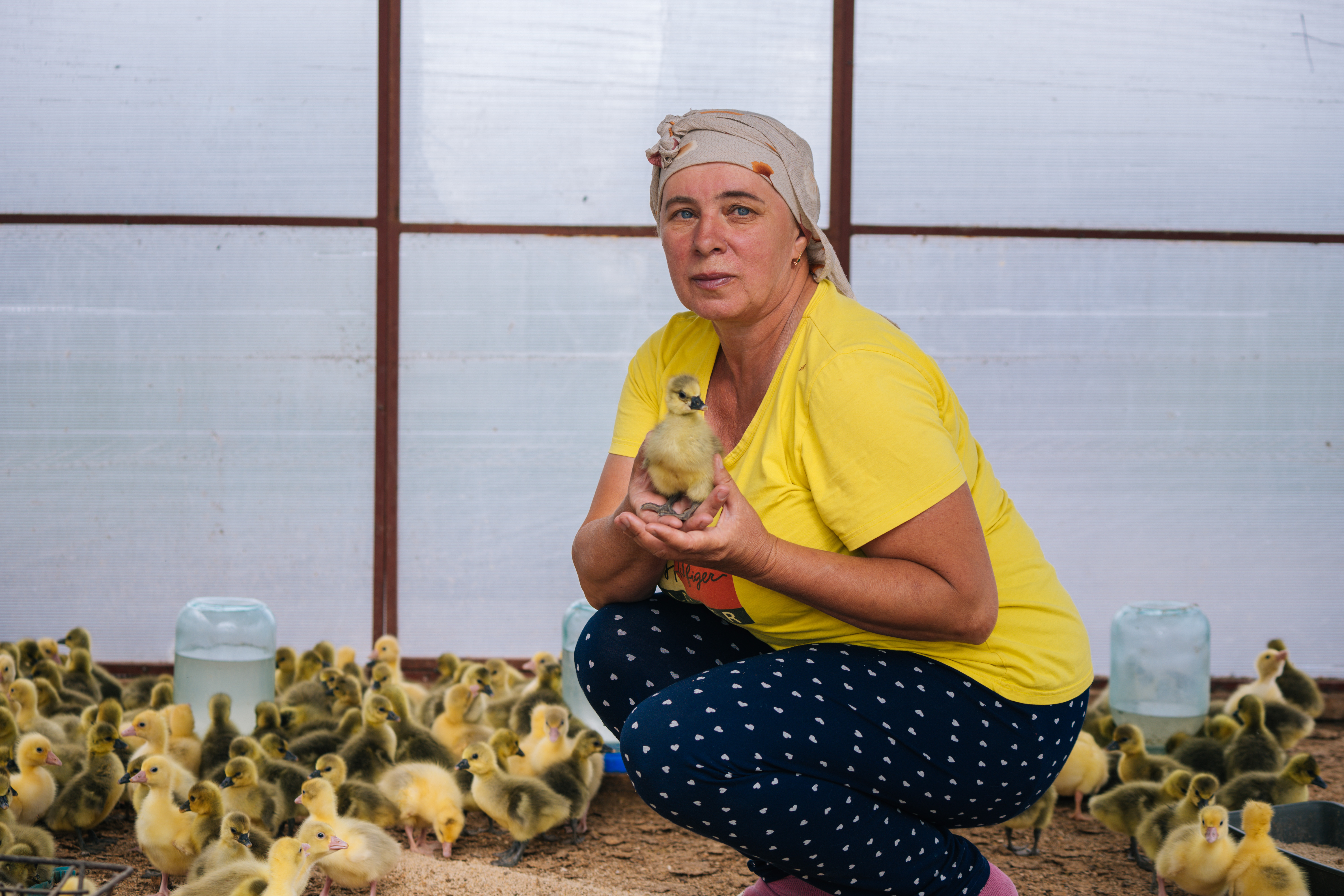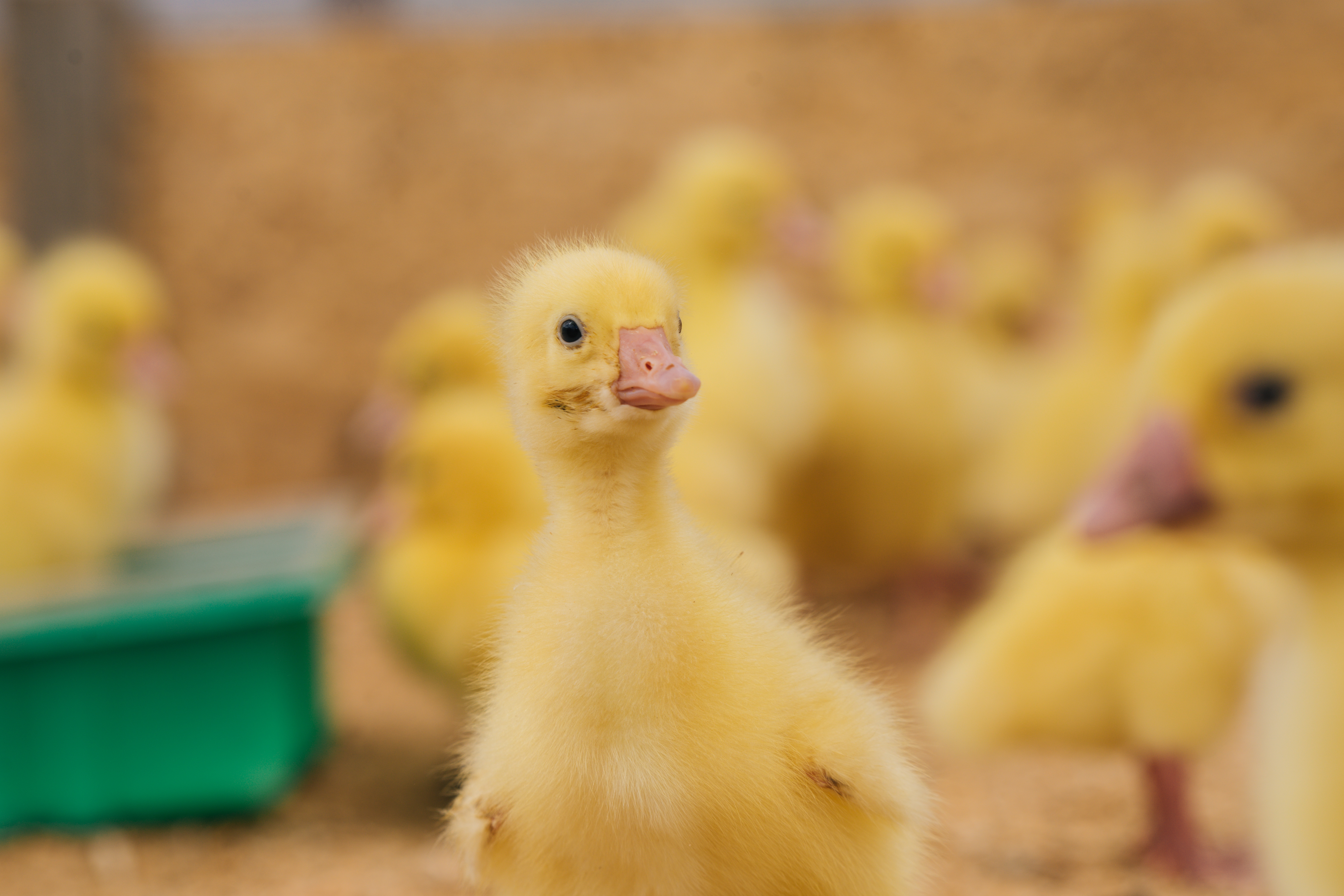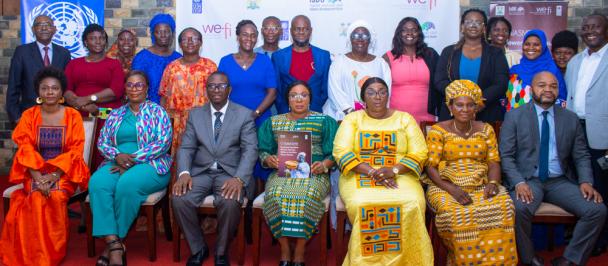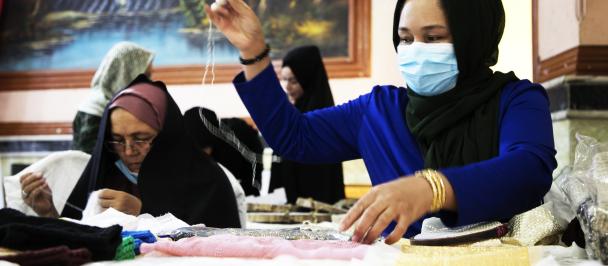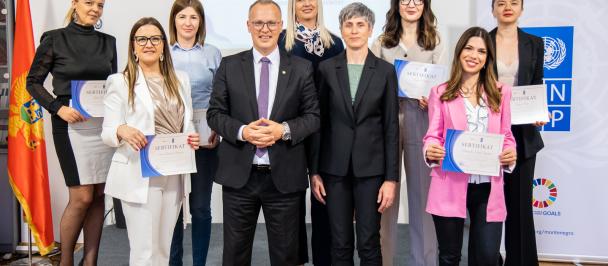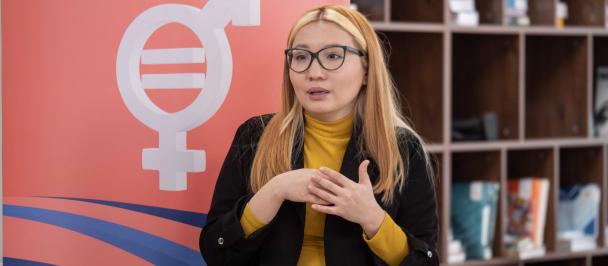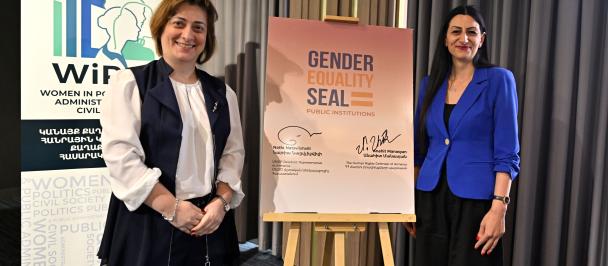Back to the Land: Women's Empowerment through Self-Sufficiency
September 12, 2022
“Never would I seek to change the land. The earth feeds our poultry, our family.”Svetlana, entrepreneur, Saumalkol village

Svetlana Savelyeva left her job in the city to start a business in a small village in Kazakhstan.
Four years ago, Svetlana Savelyeva moved from Kokshetau city to a small village in northern Kazakhstan to start a poultry farming business.
Svetlana's mini-farm in Saumakol village specializes in breeding pedigree poultry – mulard ducks, which are hybrids of musky drakes and domestic ducks of the Pekin white breed. She started breeding poultry even before moving to the village. Svetlana worked at the post office until lunch time, the salary was insufficient – so decided to find other work for the second half of the day.
“I’m not used to sitting around. Plus, I have to raise two children. A friend offered me a small part-time job. She was engaged in breeding poultry and I helped with sales. That’s how it happened: in the first half of the day I worked at the post office, and the rest of the time I was engaged in poultry farming, which I really liked,”admits Svetlana
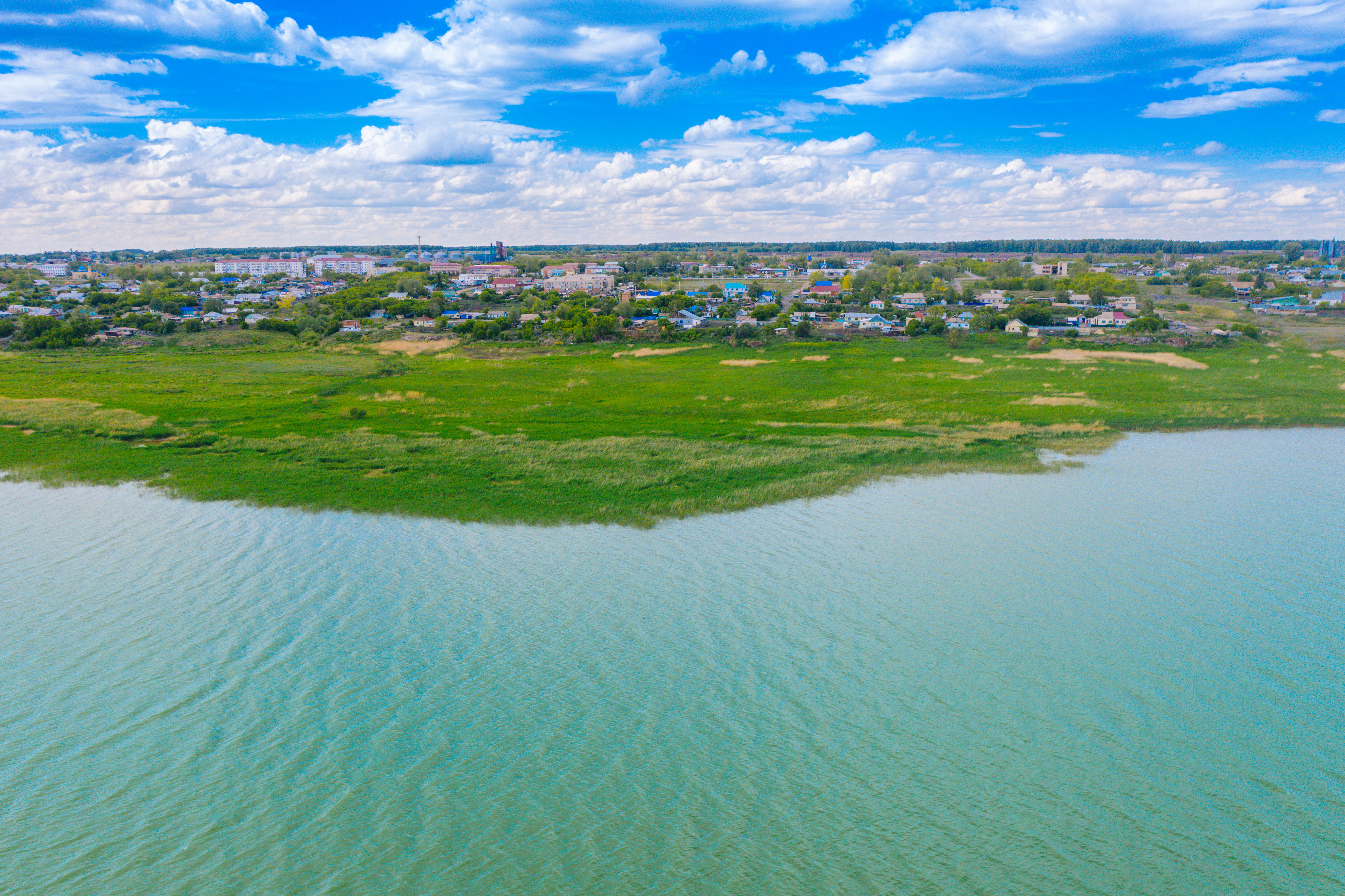
Saumalkol, population 10,000, is located on the shores of Lake Saumalkol in north Kazakhstan.
Svetlana and her husband decided to move from a city apartment to a village to be closer to the land. After moving, she seriously thought about opening her own business – she had no doubts that it would be poultry farming.
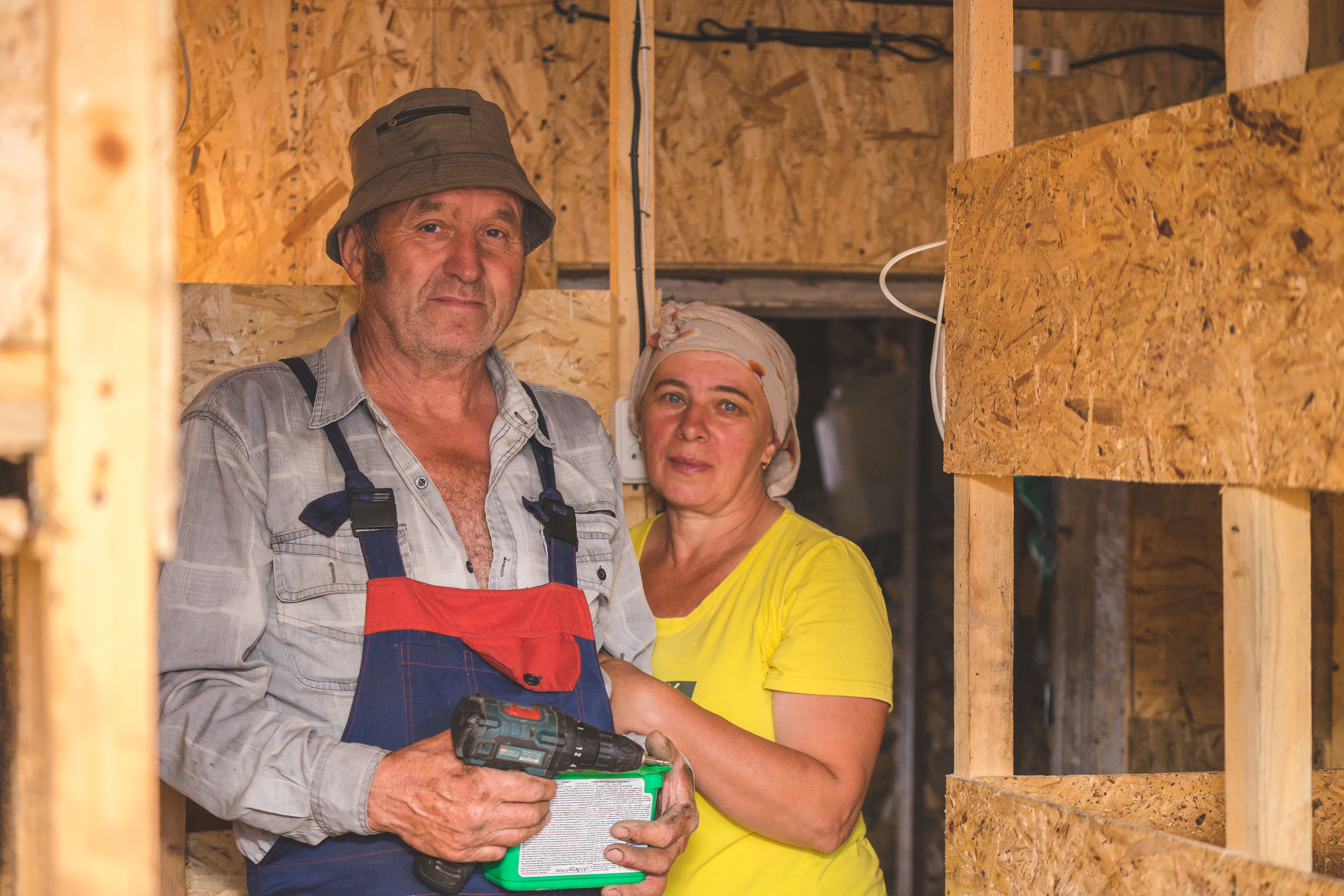
Husband Vladimir and her children help Svetlana run the business.
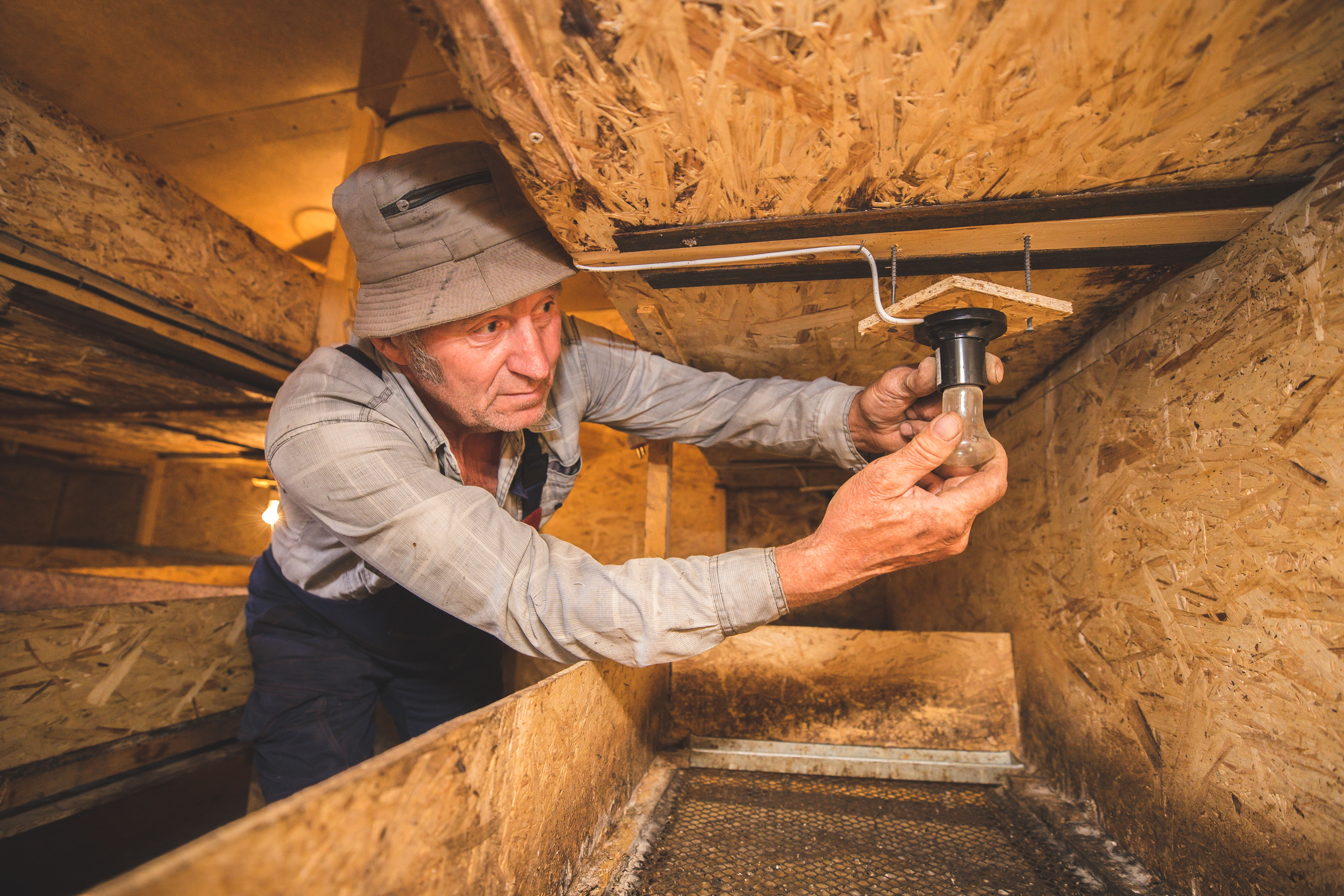
“In 2020, the pandemic began, we had to do something. I learned about the Eco Damu Programme that supports both start-up entrepreneurs and small business expansion – I decided to apply for funding,”says Svetlana
Svetlana’s family wholeheartedly backed her idea. Since its launch, the family has been actively involved in the poultry farm’s development. Svetlana's husband Vladimir is retired. On their mini-farm, he and Svetlana's son, Ruslan, do installation and construction work. Her daughter, Anna, is studying at the university in the city, but on vacation she often visits to help the family business.
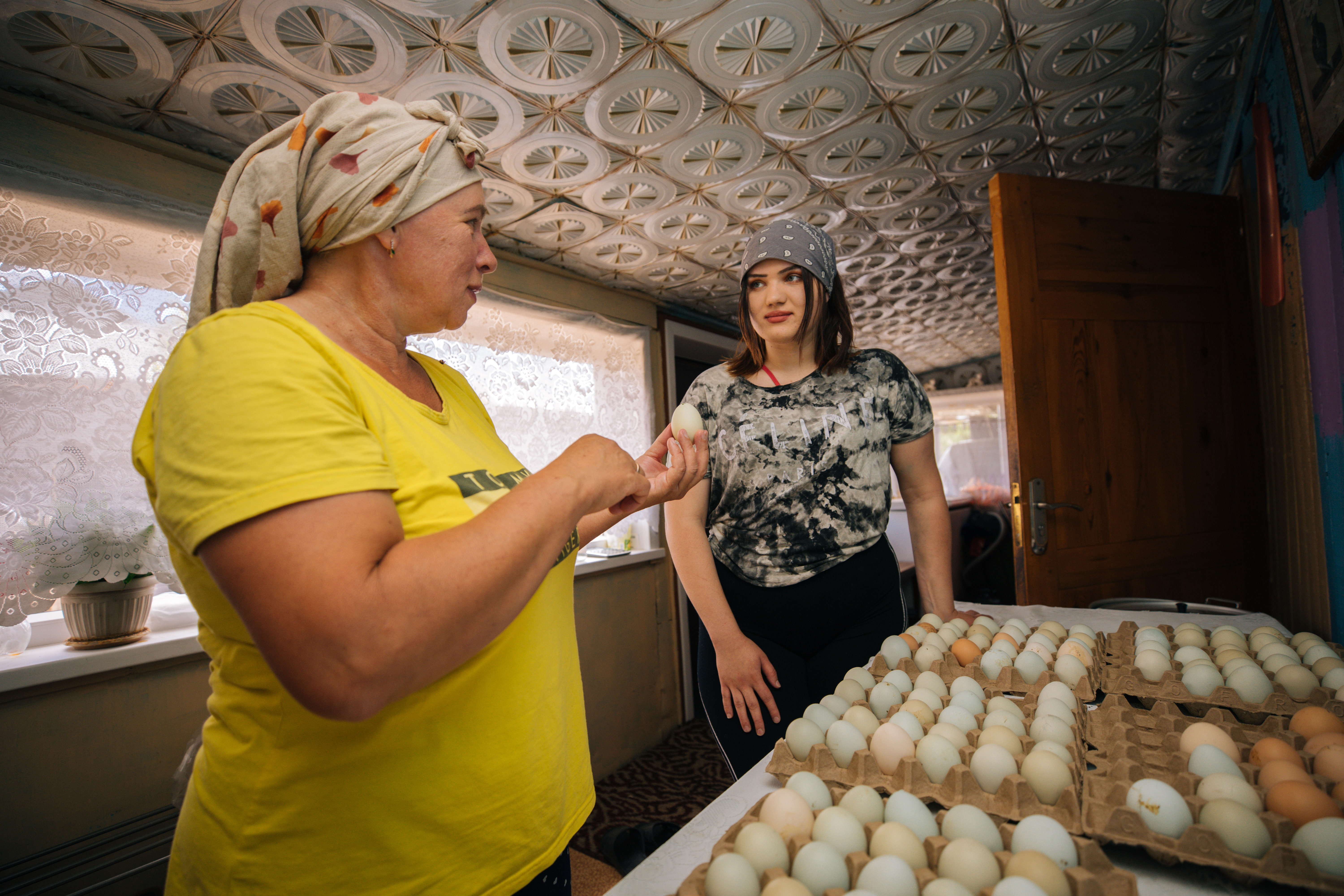
In 2021 the Eco Damu Loan Programme gave Svetlana funding to start her own business.

Svetlana received a loan in the amount of 4 mln tenge under the Eco Damu Loan Programme. with which she bought poultry and refrigeration equipment. Together with their spouse and children, they began organizing the future poultry farm.
“When we moved here, there was only land, everything had to be built from scratch: we bought mulard ducks and laying hens, which were sold very quickly,”says Svetlana
She notes that due to the extreme continental climate of Kazakhstan, the poultry requires careful care. The raising of poultry require special conditions to protect them from moisture, high and low temperatures and from various diseases. Another challenge – lack of feed and high prices. Her solution – she now buys poultry feed from local farmers.

On average, Svetlana's farm has about 2,000 birds, largely mulard ducks.

Currently, the Eco Damu Loan Programme, implemented by the United Nations Development Programme (UNDP) jointly with the Global Environment Facility (GEF), the Agricultural Financial Support Fund and the Government of Kazakhstan, has provided funding to 122 rural entrepreneurs in Kazakhstan.
Within the framework of the stage one of the Programme (2014-2019), 73 women were provided with jobs and a steady income. Since the launch of stage two of the Programme in 2020, 13 more rural women entrepreneurs received financial support for launching business projects totaling 84 mln tenge. Business projects include guest houses, sewing workshops, poultry mini-farms, beekeeping, gardening and pasture rehabilitation.
The entrepreneur firmly believes in women’s pivotal economic role in Kazakhstan and in the importance of supporting what she sees as their strong business potential in rural areas. She notes that professional advice from the Eco Damu programme organizers helps to register businesses officially and to foster growth in the early stages.
According to Svetlana, “It’s not easy for women in villages to decide to open their own business. Two factors impinge – a lack of self-confidence and the issue of pledged assets. I like that the Eco Damu Programme gives special attention to supporting women in the countryside”.
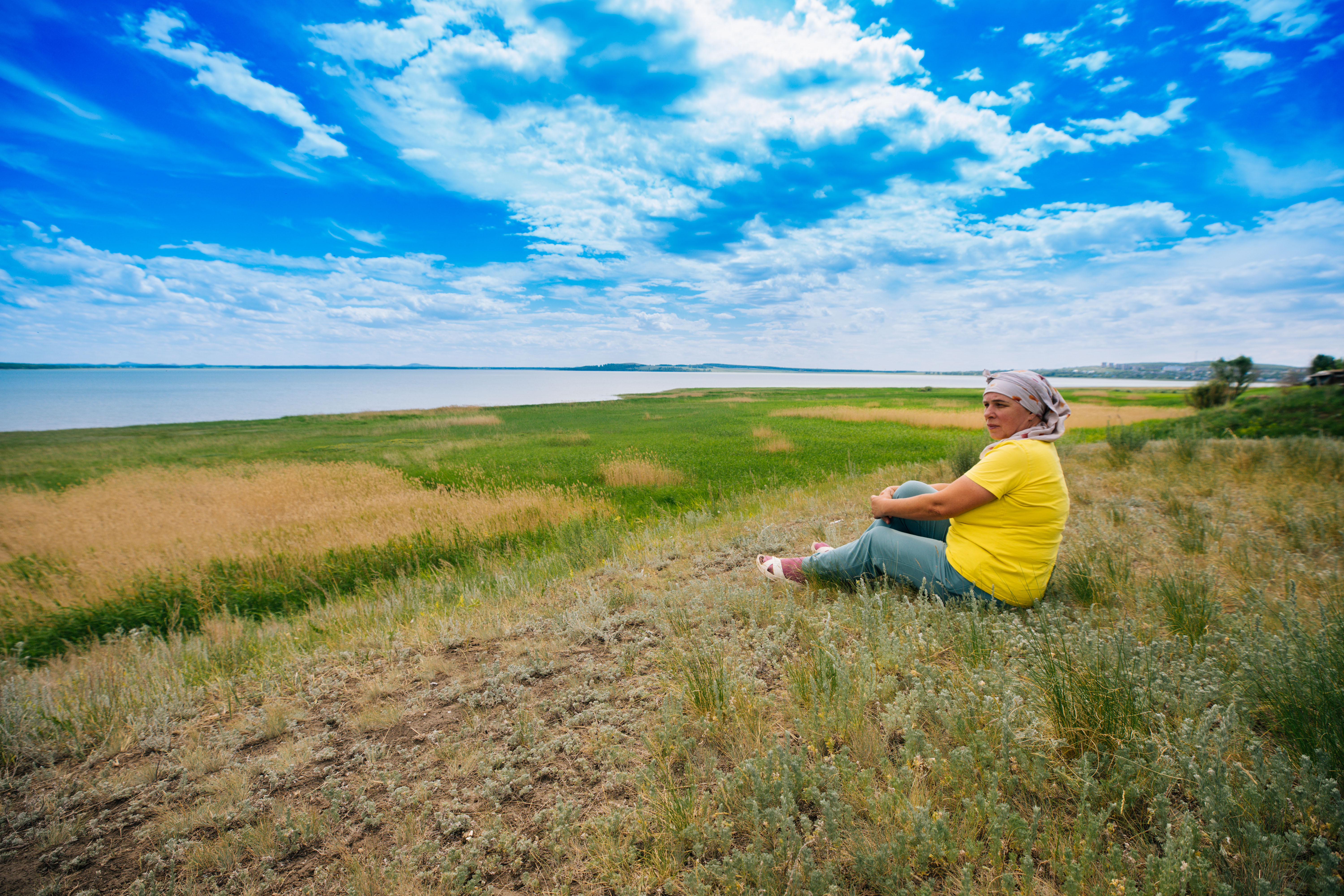
Svetlana believes in the great potential of female rural entrepreneurship.
“Now I raise both poultry and vegetables so we avoid high food prices. The earth feeds us, just like our poultry, so I am very grateful to them,”added Svetlana
Supporting women's entrepreneurship, especially in rural areas, contributes to women’s empowerment, to reducing inequalities and to more sustainable economic growth – based on the potential of the whole population.
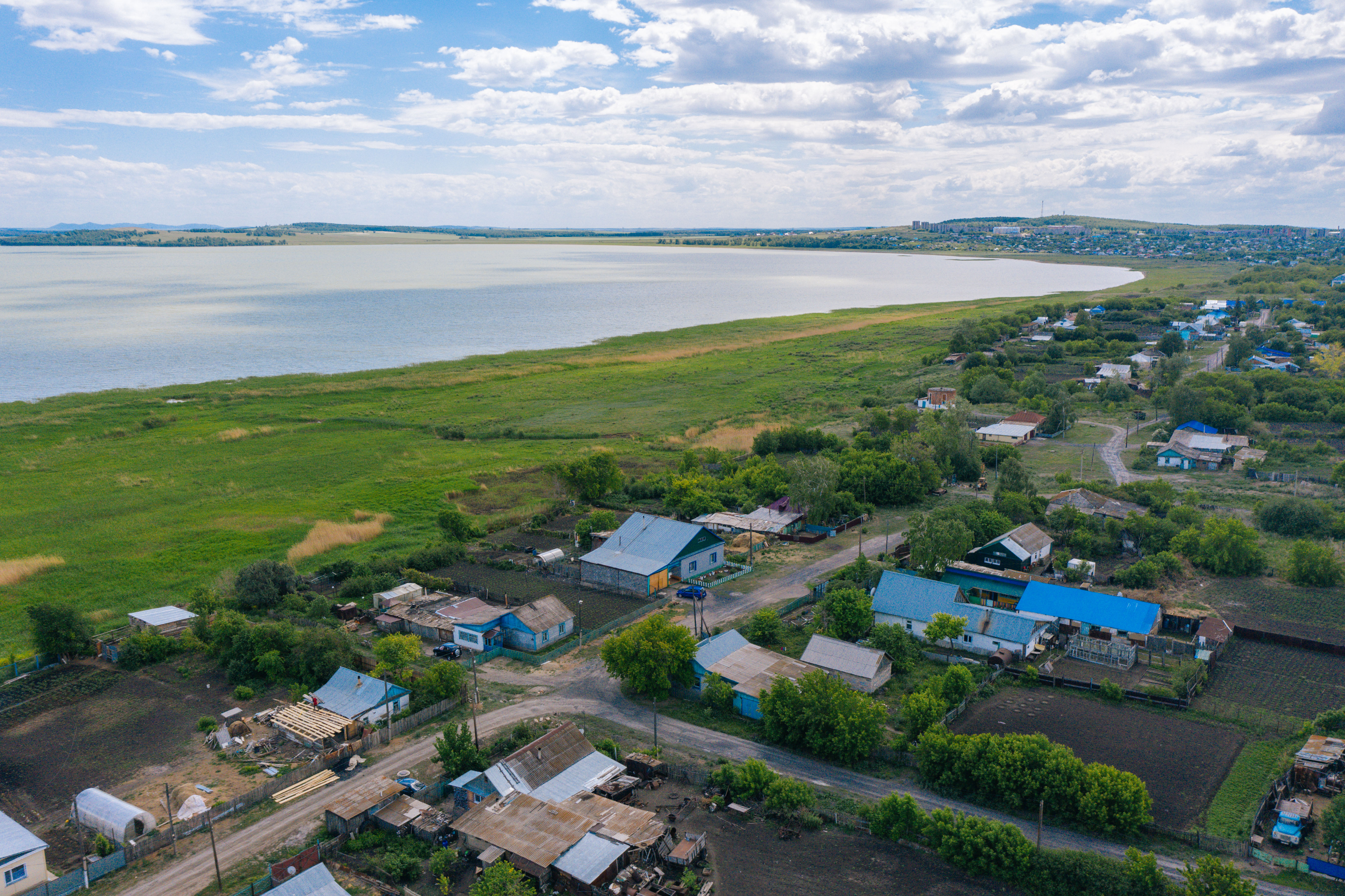
Photo credits: Azamat Zhanturin

 Locations
Locations
